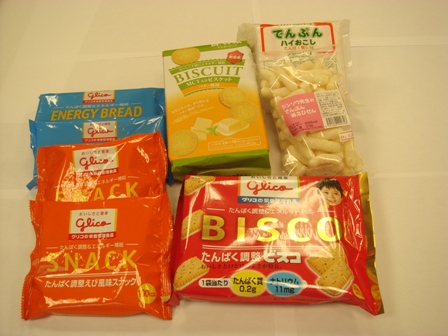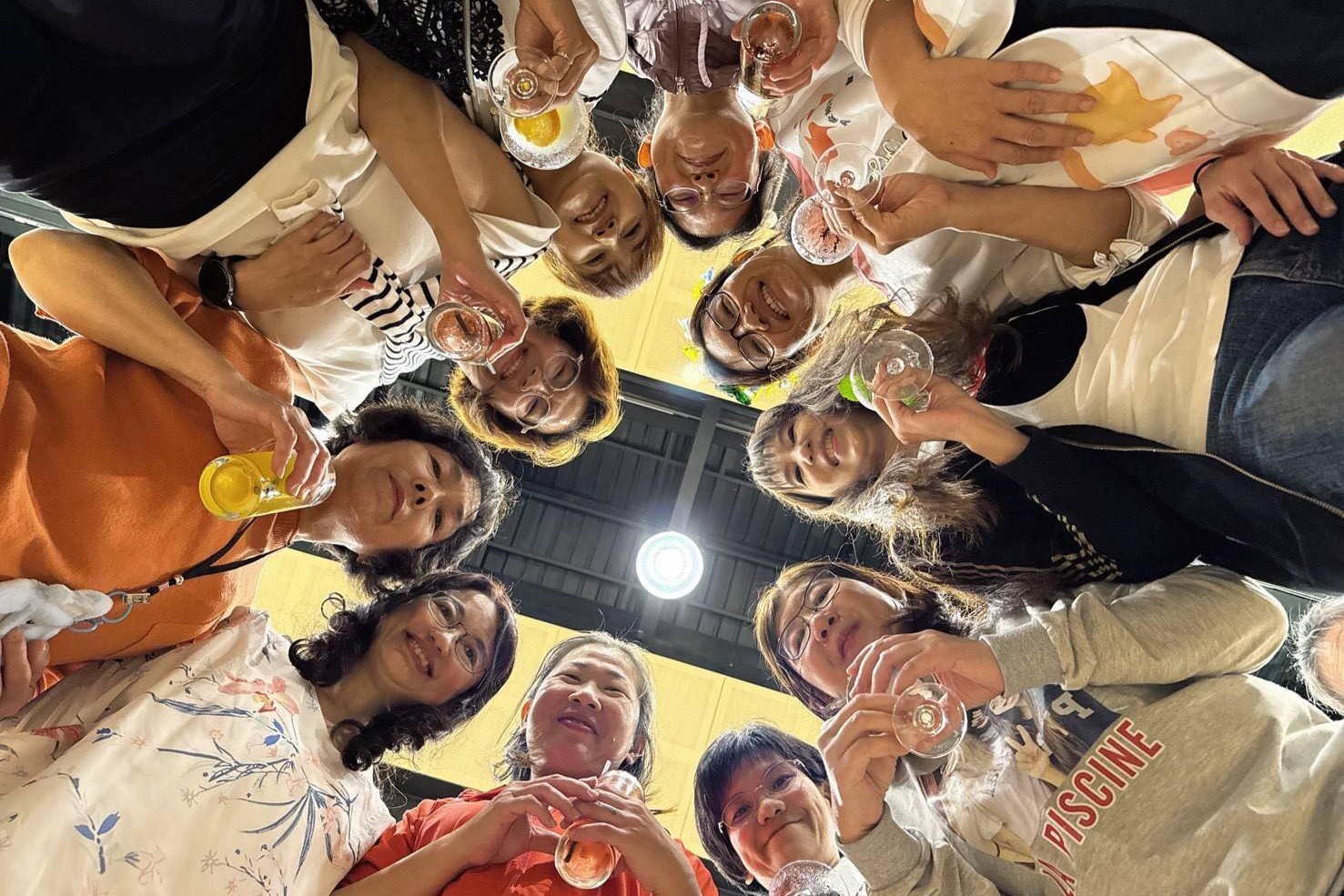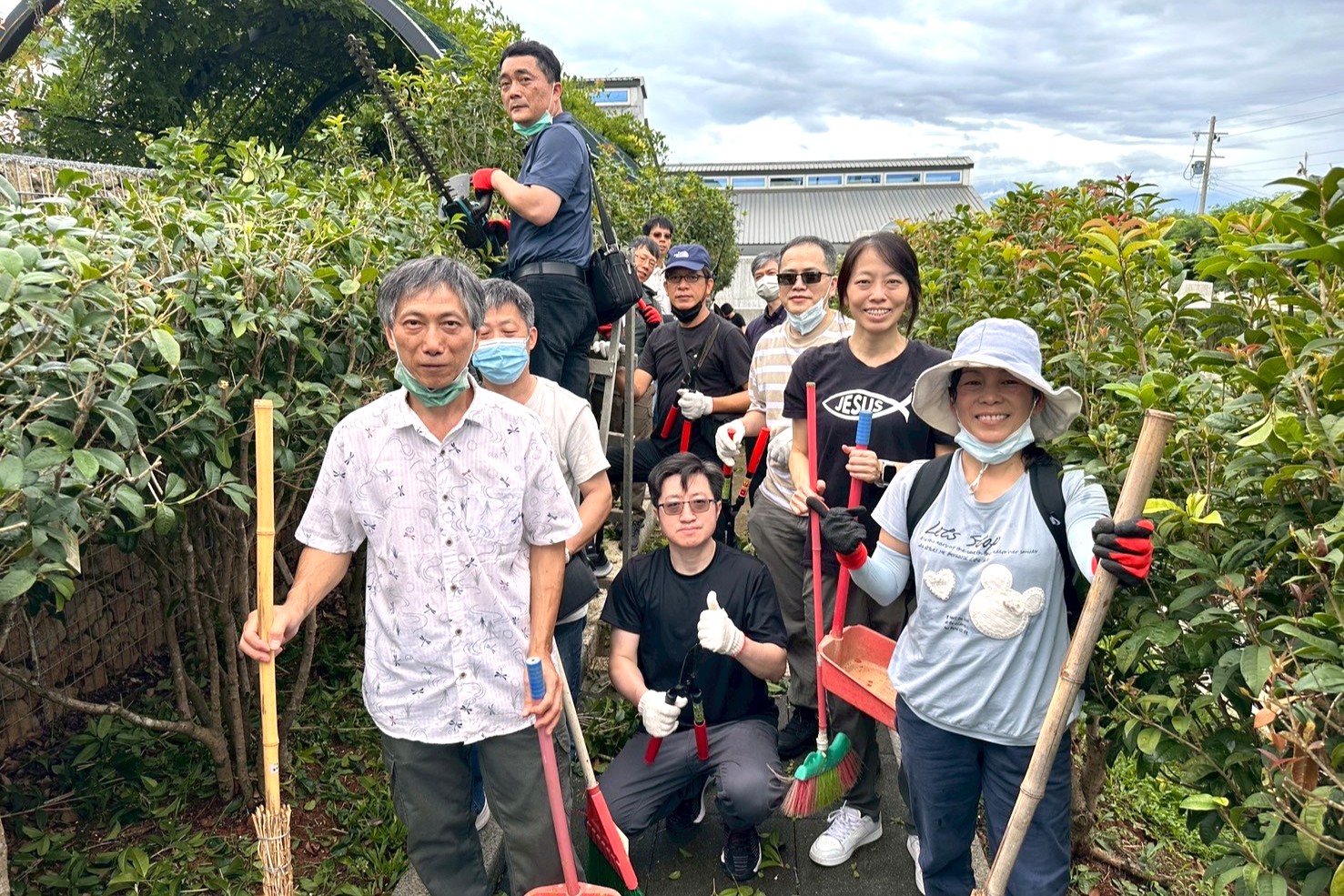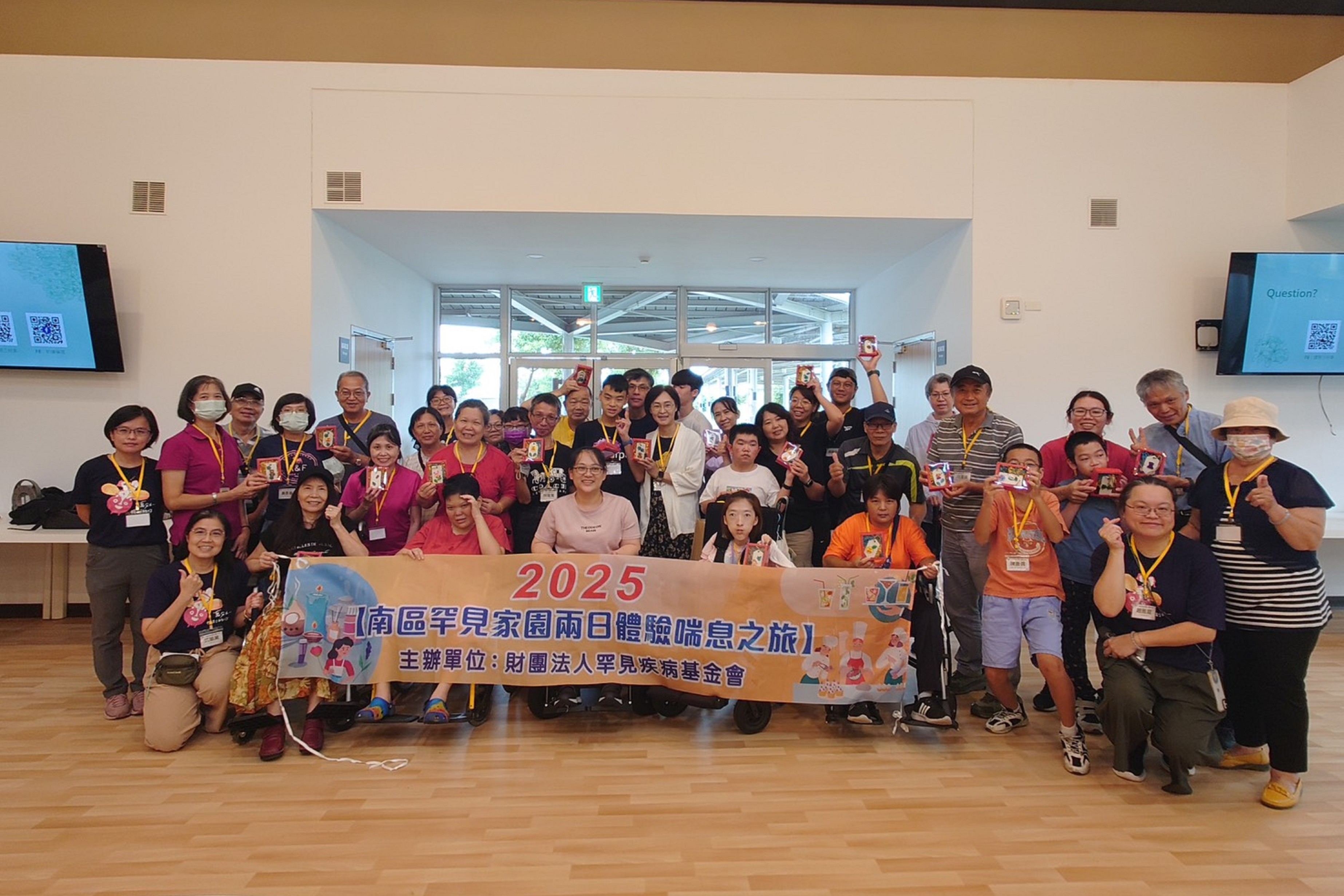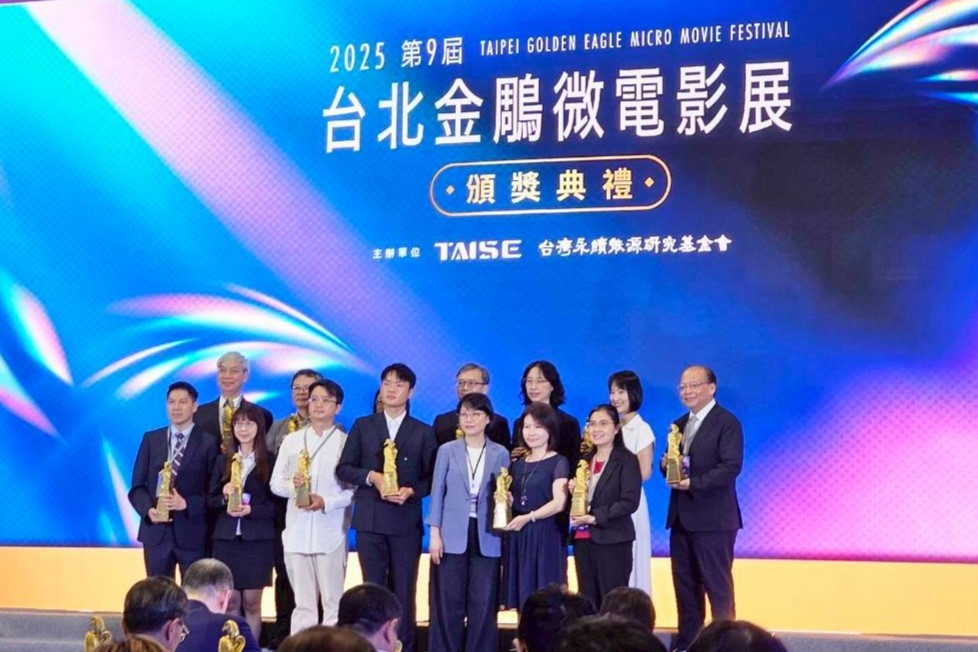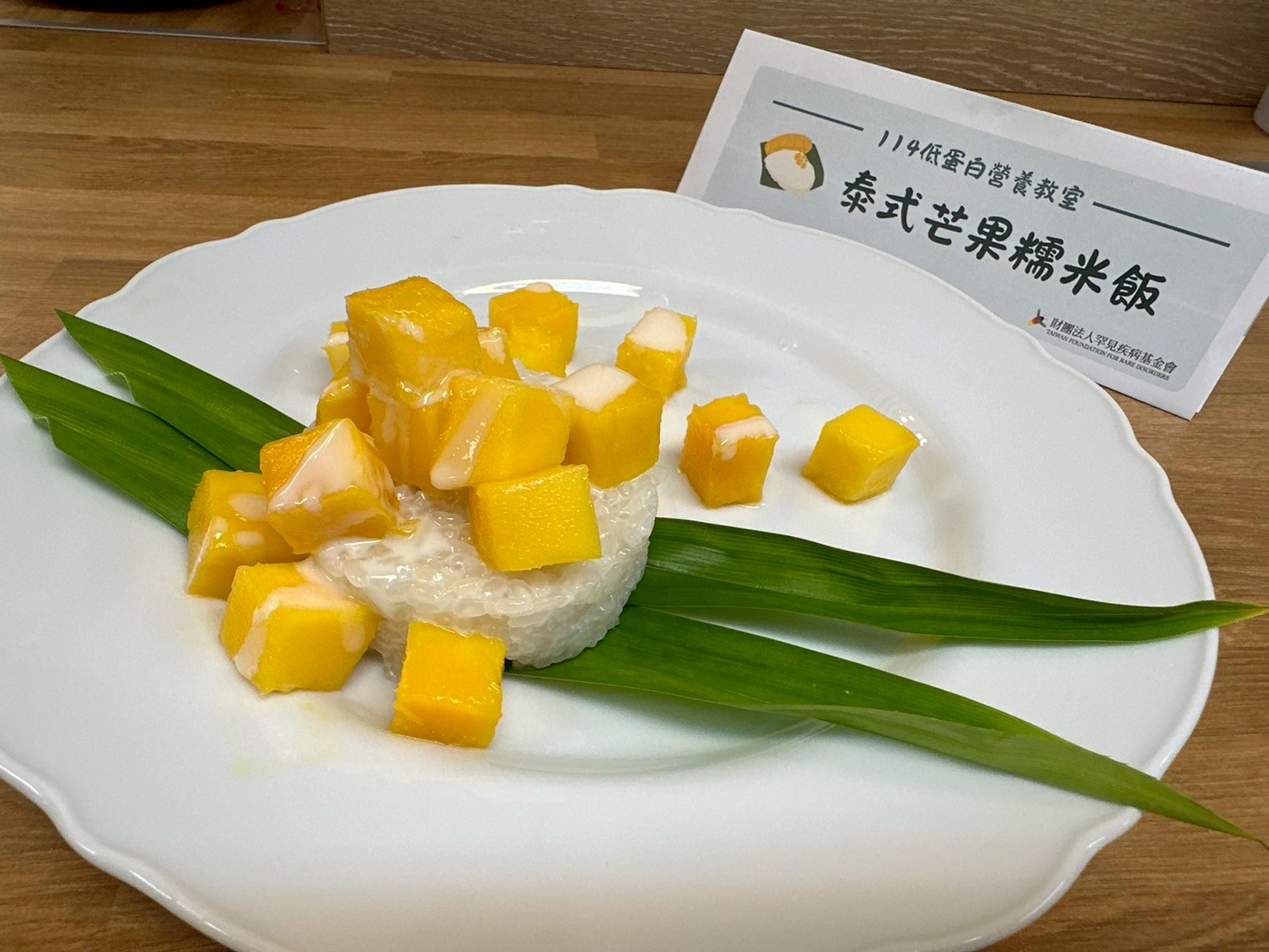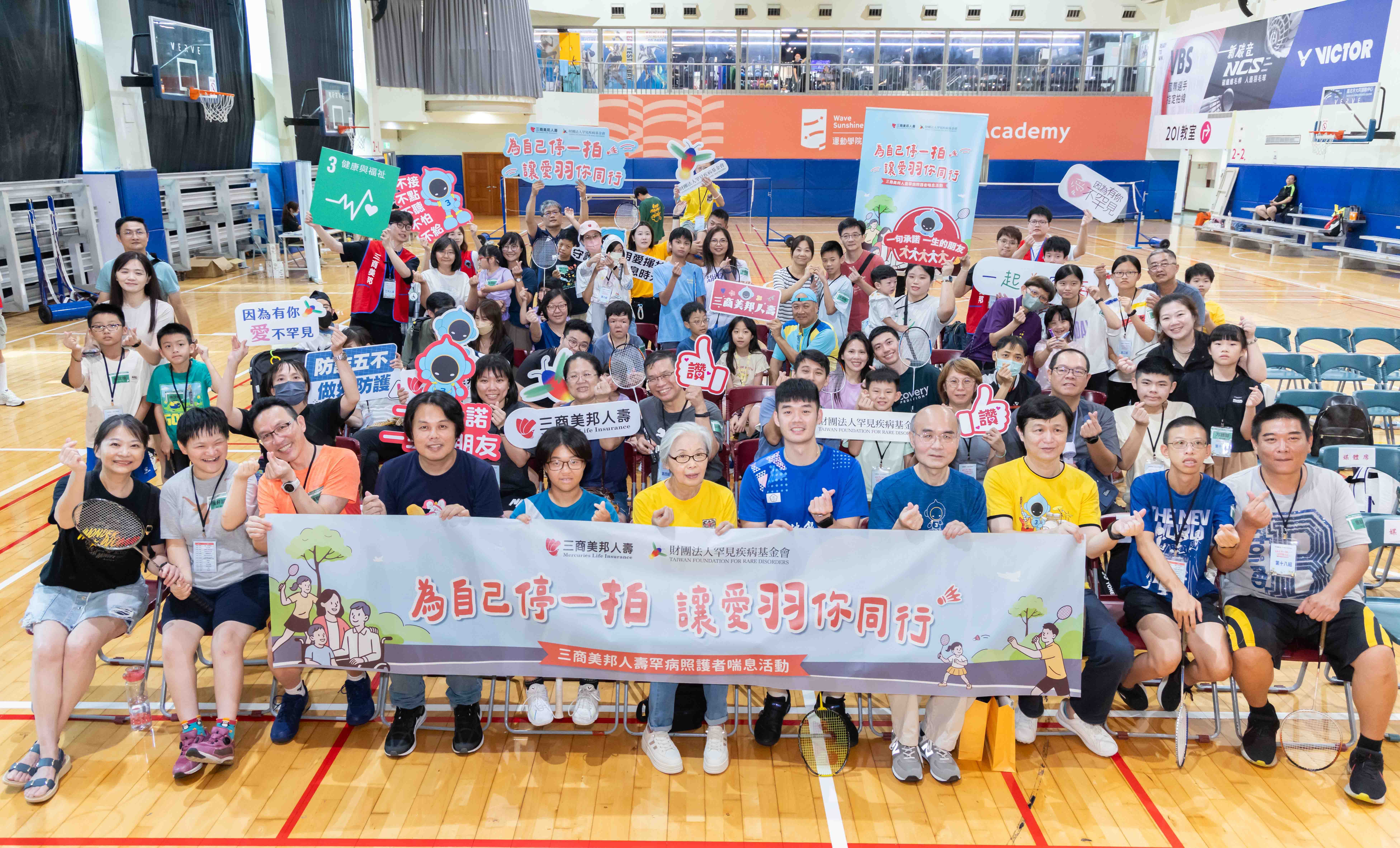News
Low-Protein Food Coupon Is Now on the Go
Dietary control is the most effective treatment for patients with inherited metabolic disorders like Phenylketonuria, Maple Syrup Urine Disease, Amino Acid Metablic Disorders and Homocystinuria, etc. Patients should strictly control the amount of their food intake, especially food that contains protein such as meat, fish, beans,eggs...etc., and even the ingestion of carbohydrate, like rice or noodles need to be carefully measured. In order to help patients and their families make correct diet, we have been holding nutritional classes for patients and parents to learn more about food ingredients and correct dietary control. In 2003, in order to diversify the food choices for the patients, we began to purchase low-protein flour from UK. We also bought low-protein chocolate and cookies from Japan and invited famous bakers and professional instructors from culinary schools to teach patients and their families make low protein cakes and desserts.
Almost all the low-protein foods come from abroad and it could be difficult for parents in Taiwan to purchase these food and ingredients because of the hindrance of language or the high cost of transportation. Also, official regulation on food importation is not clear and sometimes low-protein food ordered by TFRD cannot pass custom clearance. Therefore, to solve these problems, we collaborated with the food importers and asked them to bring in popular low-protein food such as low-protein rice, noodles, bread, cake flour and cookies. Then we distributed low-protein food coupons worth around $6,500 NT dollars to patients. Patients would receive two kinds of coupons: coupons of different face values with total amount around $3,500 NT dollars; coupons that can be used to exchange for 2 packs of low-protein noodles and 4 packs of low-protein rice. The coupons are distributed once a year. Patients only have to pay for the freight and the food will be sent directly to the address assigned.
Last year, low-protein food coupons were distributed to 63 patients and TFRD totally subsidized $323,965 NT Dollars. Most patients give positive response regarding this project because it releases their burden on purchasing the low-protein food, gives
them more options when choosing different foods without worrying about the food stocks.

